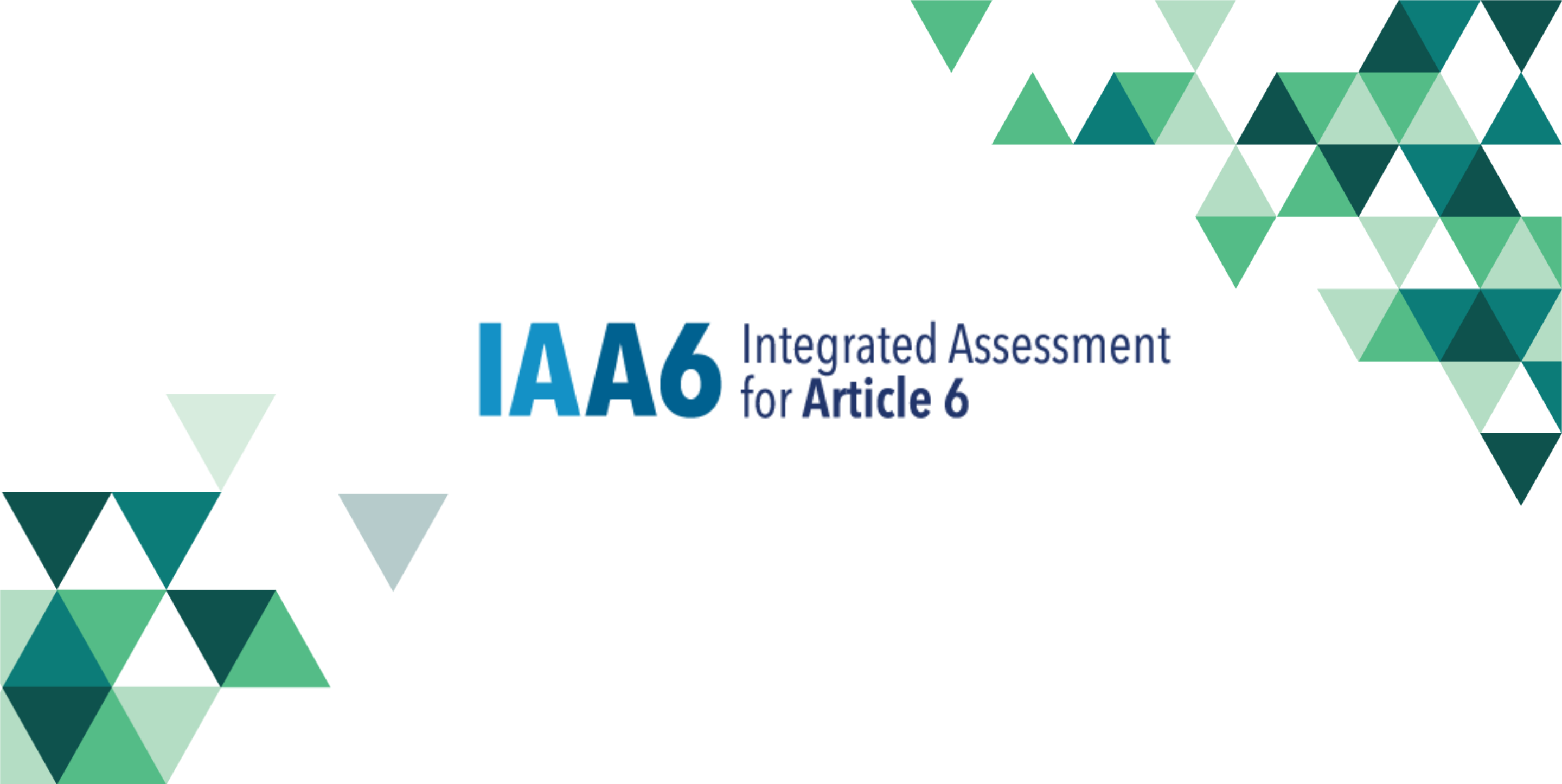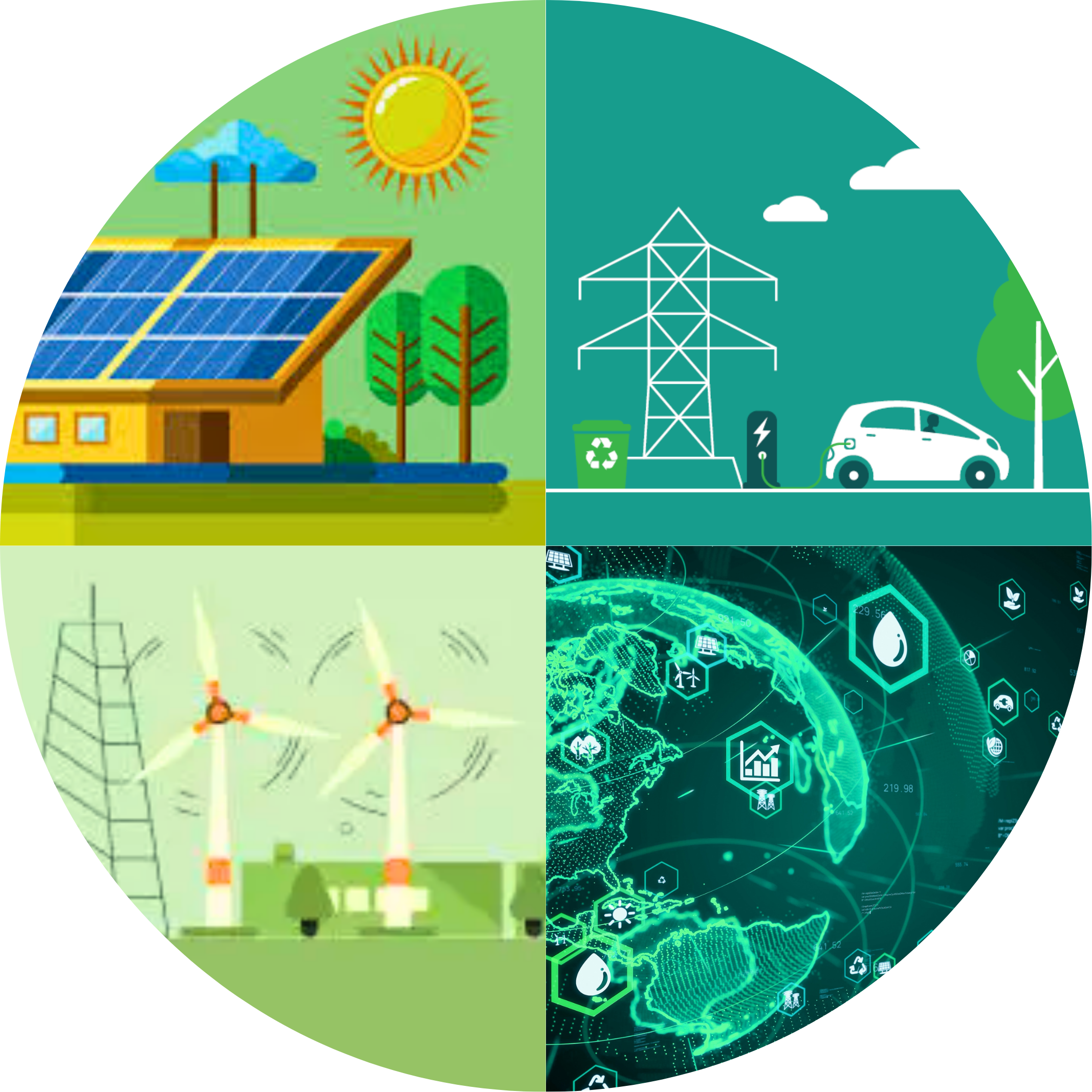Climate Financing

Integrated Assessment for Article 6 (IAA6) in Tanzania
The Integrated Assessment Approach to Article 6 of the Paris Agreement (IAA6), developed by UNOPS, provides countries with a practical framework to align their mitigation strategies with their Nationally Determined Contributions (NDCs), the Sustainable Development Goals (SDGs), and the broader objectives of the Paris Agreement.
Tanzania, together with Peru and Sri Lanka, is among the first countries to test and refine this framework. The initiative will strengthen Tanzania’s ability to analyse, plan, and implement Article 6 cooperation effectively while ensuring environmental and social integrity.
The project is implemented by a consortium led by Perspectives Climate Research, Climate Analytics, and Climate Action Network Tanzania. The consortium leverages extensive expertise in Article 6 rulemaking, carbon markets, sectoral decarbonization pathways, and national climate policy development specific to Tanzania and other low- and middle-income countries. The IAA6 approach is designed to be systemic and actionable, emphasizing evidence-based decision-making through integrated assessment modeling (including the open-source SiSePuede tool), alignment with international transparency frameworks, and promoting transformational shifts in climate policy.
By fostering South-South cooperation, the approach aims to enhance climate ambition, facilitate implementation of NDCs, and promote broader regional and global adoption of Article 6 cooperation frameworks, with particular attention to environmental and social integrity, and sustainable development outcomes

Laying the Foundation for the Development of the National Long-Term Low-Emission Development Strategy (LT-LEDS) in Tanzania
In response, Tanzania needs to develop a Long-Term Vision (LTV) to serve as the foundation for building a long-term, integrated, low-emission, climate-resilient future. This Vision will be anchored in Tanzania’s commitment to sustainable development, economic diversification, poverty reduction, and global climate leadership. It will emphasise balancing socio-economic growth with environmental protection, enabling Tanzania to achieve prosperity without sacrificing its natural wealth or community resilience as reflected in the National Development Vision (NDV) 2050, Zanzibar Vision 2050, the Paris Agreement, and the Sustainable Development Goals.
Tanzania’s aspiration is clear: by 2050, the country envisions itself as a net-zero, climate-resilient nation with an inclusive, competitive, and self-reliant economy. Accordingly, the LTV will identify priority sectors crucial for driving this transformation, including energy, agriculture, forestry, transport and infrastructure, mining and industry, waste management, blue economy, and cross-cutting areas such as gender equality, youth empowerment, capacity building, technology transfer, climate finance, etc.
This consultancy supports the development of Tanzania’s Long-Term Vision (LTV) aligned with the national Vision 2050, and a detailed Roadmap for elaboration of the 2050 Long-Term Low Emission Strategy (LT-LEDS). It provides systematic approaches, milestones, stakeholder engagement strategies, and coordination mechanisms to guide the development of the LT-LEDS.
